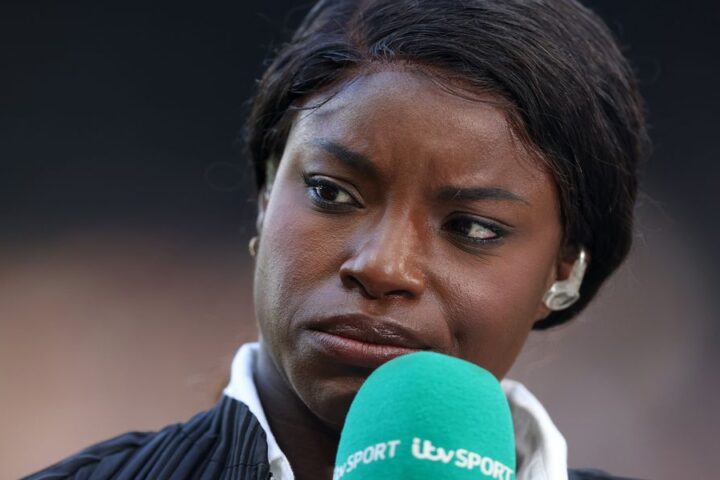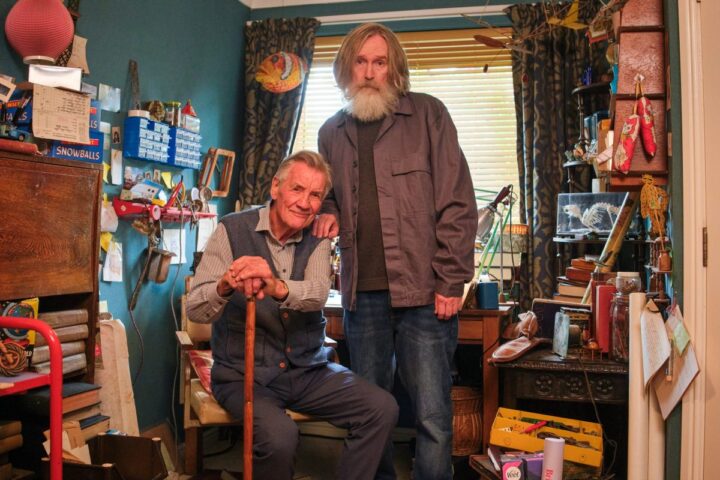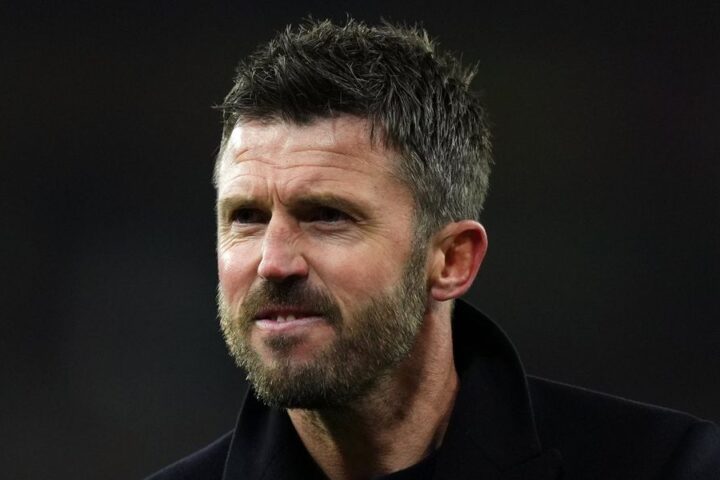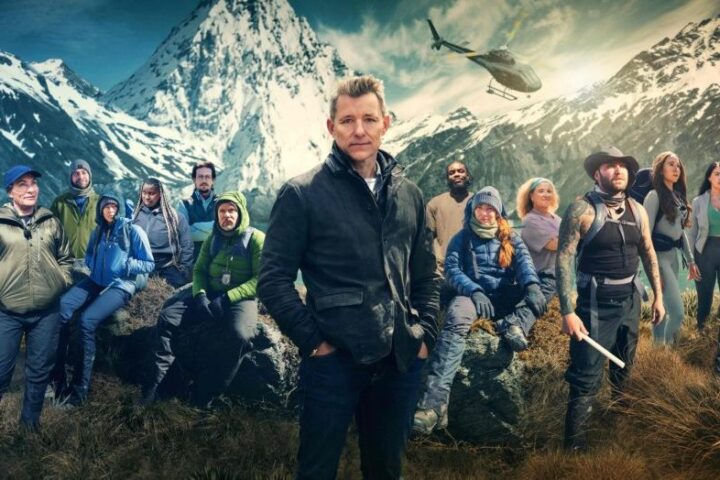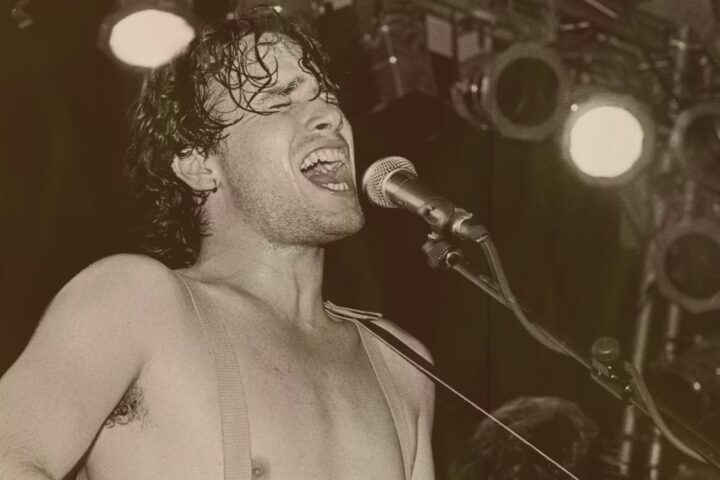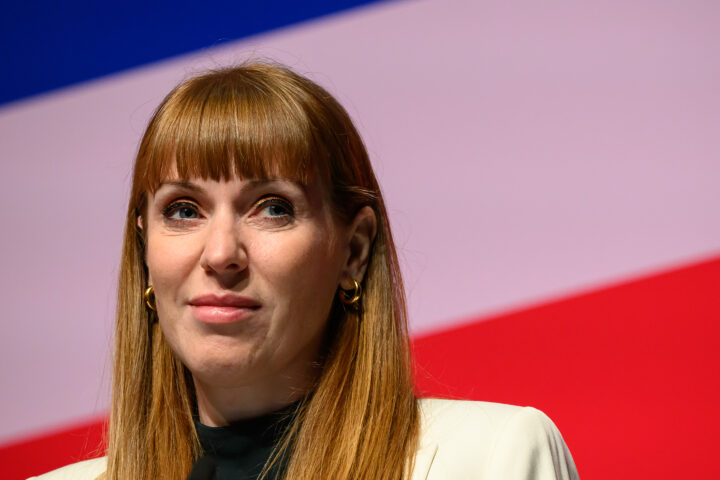Chris McCausland made headlines as the first blind contestant to win the popular BBC One show Strictly Come Dancing, which concluded on December 14, 2024, amidst significant public interest. This milestone not only marked a personal triumph for the comedian but also represented a broader shift in representation on mainstream television, as he embraced his identity after years of concealing his disability, reports BritPanorama.
McCausland, once reluctant to even label himself as “blind,” has reflected on his journey from a young boy struggling with vision loss to a celebrated figure in comedy. The 47-year-old expressed that his participation on the show went beyond typical entertainment; it was a pivotal moment for personal acceptance and visibility for people with disabilities.
“I masked my poor eyesight. I always made out I could see more than I could,” he said. “That desire to be… normal is a horrible word, but that’s how I thought of it – it hindered my acceptance.” Stepping onto the dance floor showcased not only his abilities but also challenged perceptions about what individuals with disabilities can achieve.
His memoir, titled Keep Laughing, documents this transformative period in his life. “It’s about overcoming adversity – how, to keep going in the face of things. You’ve got to laugh, otherwise… well, you’ll kill yourself, won’t you?” he asserts, navigating through both humor and hardship in his narrative.
McCausland’s journey on Strictly proved particularly resonant during a time when the series faced various controversies. His performances, including a waltz to “You’ll Never Walk Alone,” not only celebrated his Liverpool roots but also struck an emotional chord with audiences, subsequently winning a Bafta for its memorable impact.
The comedian noted that the experience of dancing live while being blind brought unprecedented visibility to the challenges faced by the disabled community. “I had to stop myself from crying all the way through the waltz,” he admitted, highlighting the emotional weight of his performances. Responses from viewers underscored this connection, as messages flooded in from individuals confronting their own struggles with disability, anxiety, and personal loss.
“If we hadn’t done lifts, if we hadn’t gone at the speed we were going, people would have noticed,” McCausland explained. “They’d have thought blind people can only dance boring.” His defiance against stereotypes and commitment to presenting a compelling performance emphasized the importance of representation and authenticity in media.
Reflecting on his journey, McCausland revealed that the notion of fatherhood initially filled him with anxiety. “I hate doing things that I know I can’t be good at,” he said. However, he found that parenthood transformed his understanding of his limitations, illustrating that challenges may lead to unexpected growth.
The shift in perspective was clear: “It changes how you view your limitations, your shortcomings,” he said. This open dialogue about his experiences, both in comedy and personal life, challenges prevailing narratives about disability while inspiring a broader dialogue on representation and acceptance.
Keep Laughing (Michael Joseph, £25) is now available. For tour dates, visit chrismccausland.com.

